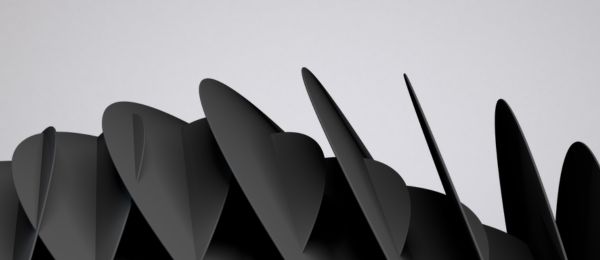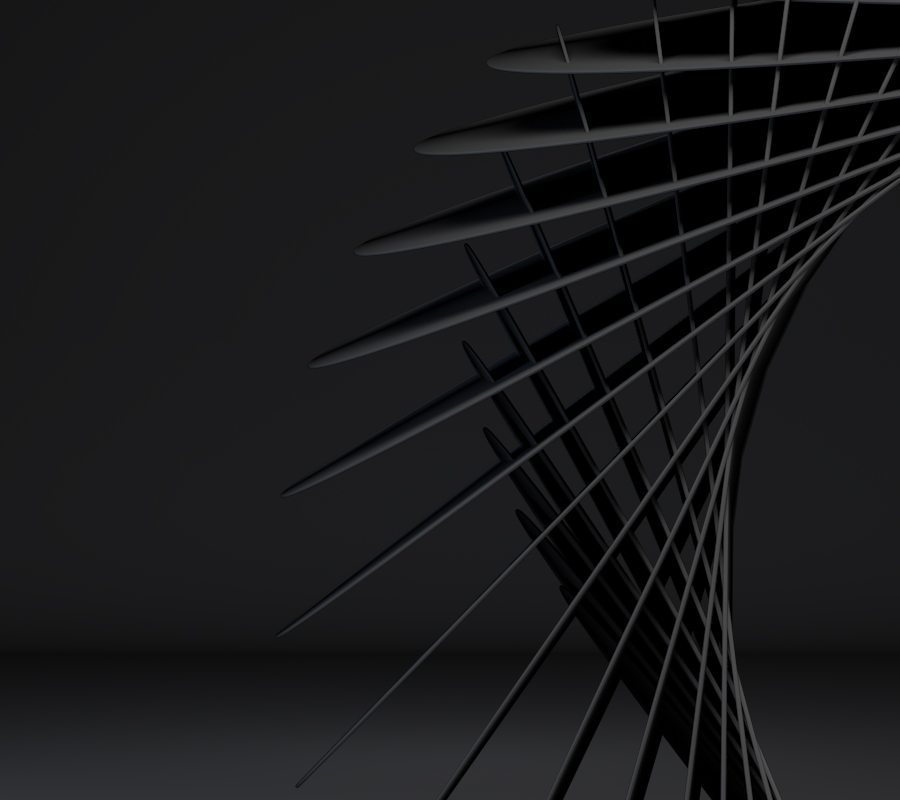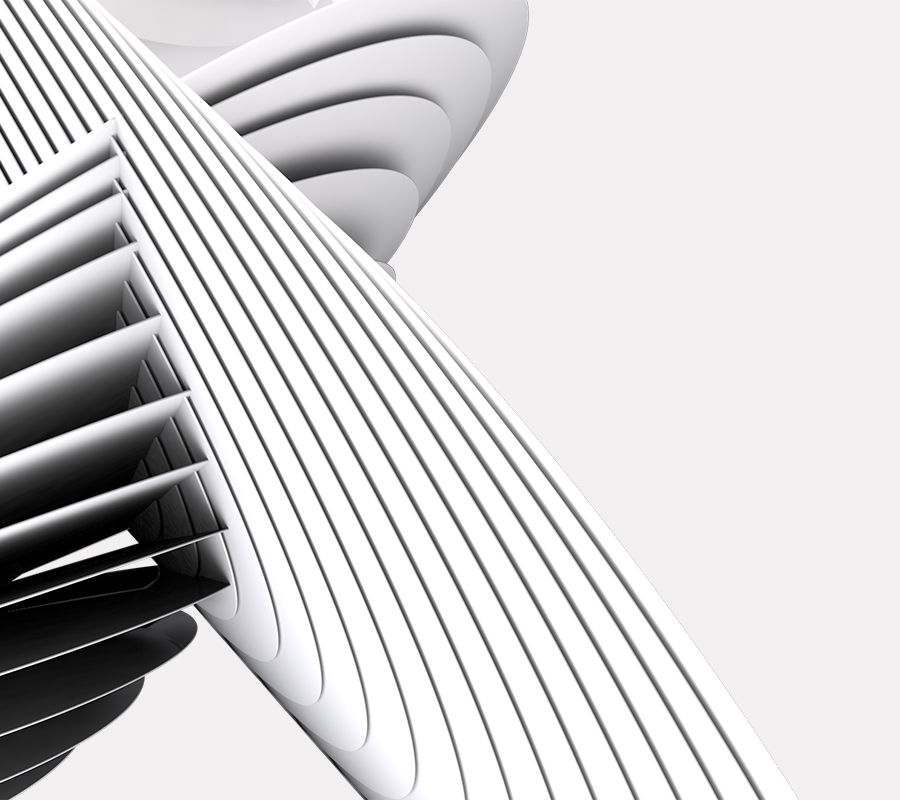Narrow your search
Key facts:
In December 2016, the ACCC brought proceedings in the Federal Court against Kimberly-Clark Australia Pty Ltd (KCA), alleging that it had made false or misleading representations, through its advertising and marketing of Kleenex Cottonelle Flushable Cleansing Cloths (KCFC wipes).
In a 2019 trial before the Federal Court, the ACCC contended that KCA’s packaging and website represented that KCFC wipes:
- “were suitable to be flushed down the toilet and into sewerage systems in Australia” (flushability representation);
- “had similar characteristics to toilet paper when flushed” (characteristics representation); and
- “would break up or disintegrate in a timeframe and manner similar to toilet paper” (disintegration representation).
The ACCC contended that the KCFC wipes were not suitable to be flushed because the wipes caused harm to the sewerage, and that it was therefore misleading to represent that the KCFC wipes were “flushable” or suitable to be flushed. KCA denied making the characteristics or disintegration representations but accepted that it had made the flushability representation. However, it argued that this representation was neither false nor misleading. The Federal Court concluded that only the flushability representation had been made and that the ACCC had not established that it was false or misleading as it had not proved that the KCFC wipes, as opposed to wipes products more broadly, had in fact caused or contributed to real harm in particular instances.
On appeal, the ACCC pursued a different line of argument. It argued that it was not necessary to establish that the KCFC wipes caused harm; rather, that it was sufficient to establish that the KCFC wipes posed a “real risk of harm” or had the potential to cause harm.
However, in June 2020, the Full Federal Court dismissed the appeal, holding that the ACCC could not run this new line of argument for the first time on appeal and that, in any event, the primary judge had addressed the question of whether the KCFC wipes posed a risk of harm and had concluded that the the risk of harm posed by the KCFC wipes was not greater than the risk of harm posed by toilet paper.
ACCC media release and Federal Court judgment


























